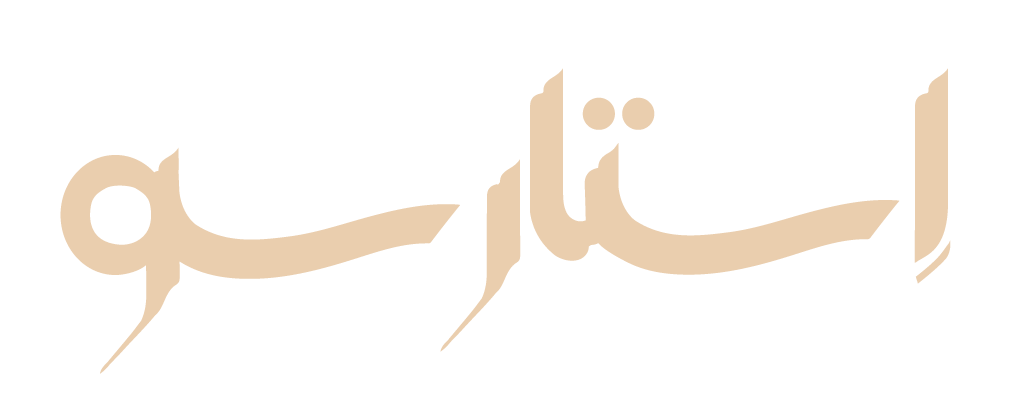Yalda in general
Yalda is an ancient festival that celebrates the winter solstice, the longest night of the year. It is observed by Iranians, Kurds, Afghans, Azerbaijanis, Tajiks, and Turks on the night of December 20 or 21. Yalda has its roots in the Zoroastrian religion, which revered fire and light as symbols of goodness and purity. On Yalda night, people gather with their family and friends, light candles or bonfires, eat fruits and nuts, read poetry, and tell stories until dawn. Yalda is a time to honor the past, cherish the present, and hope for the future.
Yalda and Mazandaran
Mazandaran is known for its rich culture, history, and natural beauty and has a diverse population, including Persians, Mazanderanis, Gilaks, Kurds, Turks, and Baluchis. Mazandaran has a strong connection with Yalda, as it is one of the regions where the festival is celebrated with enthusiasm and joy.
Korsi
One of the distinctive features of Yalda in Mazandaran is the use of a special kind of chair called “korsi”. A korsi is a low wooden table with a heater underneath and a large quilt over it. People sit around the korsi, cover their legs with the quilt, and enjoy the warmth and comfort. The korsi is also decorated with fruits, nuts, sweets, and flowers. The korsi is a symbol of unity, friendship, and hospitality. The fruits and nuts on the korsi have different meanings and significance. For example, watermelon is believed to protect people from illness, pomegranate represents fertility and abundance, and walnut symbolizes health and prosperity.
Shahnameh
Another tradition of Yalda in Mazandaran is the recitation of the epic poem “Shahnameh” by Ferdowsi, the great Persian poet. The Shahnameh is a masterpiece of literature that narrates the history and legends of Iran from the creation of the world to the Islamic conquest. The Shahnameh is a source of pride and inspiration for Iranians, as it reflects their cultural and national identity. On Yalda night, people take turns reading or singing verses from the Shahnameh, especially the stories of heroes and kings who fought against darkness and evil. Some of the most popular stories are the ones about Rostam and Sohrab, Zahhak and Fereydun, Siavash and Sudabeh, and Alexander and Dara.
Elders in Yalda
Yalda is also a time to remember the ancestors and the elders, who have passed on their wisdom and traditions to the younger generations. In Mazandaran, people visit the graves of their relatives and pay their respects. They also invite the elderly to their homes and honor them with gifts and praise. Yalda is a way of expressing gratitude and reverence for the past. One of the gifts that is given to the elders is a special kind of bread called “koloocheh” ( same as cookie ). Koloocheh is a round-shaped pastry filled with walnuts, dates, or sesame seeds. It is baked in clay ovens and has a crispy texture and a sweet taste. Koloocheh is a delicacy that is only made for special occasions like Yalda.
Connections between Yalda and Mazandaran
Yalda and Mazandaran have a cultural bond that goes beyond geography and ethnicity. They share a common heritage, a common spirit, and a common celebration. Yalda and Mazandaran are examples of the diversity and richness of Iranian culture, which has endured and flourished for thousands of years.
